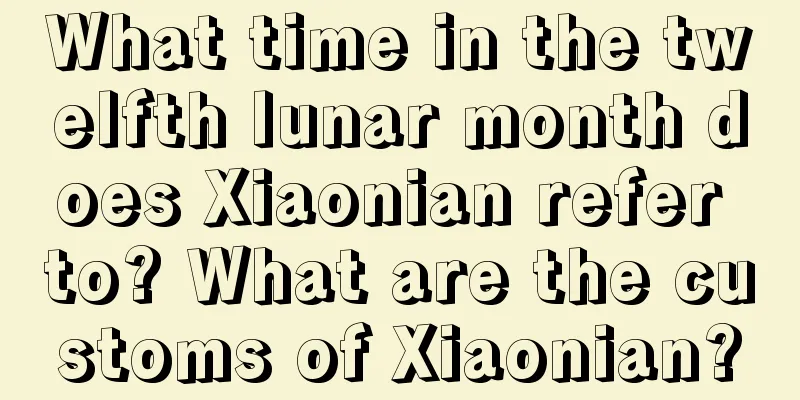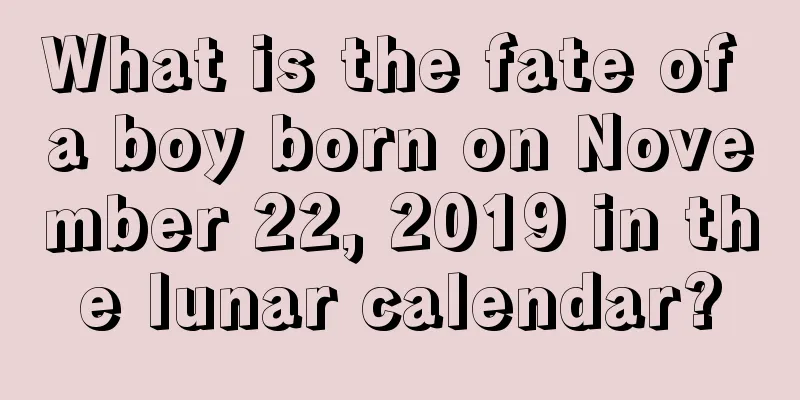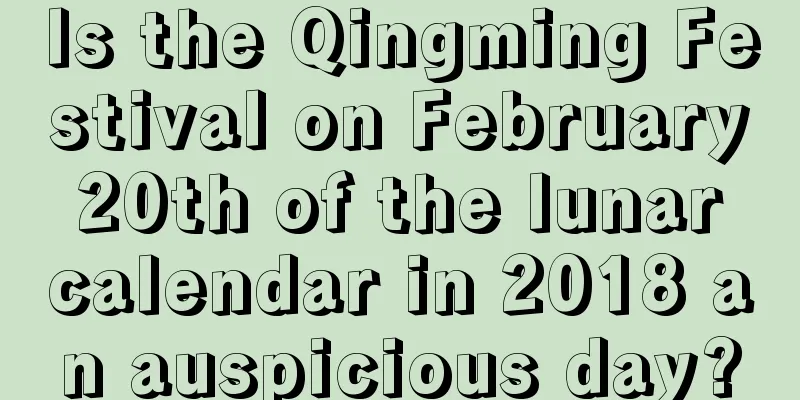What time in the twelfth lunar month does Xiaonian refer to? What are the customs of Xiaonian?

Everyone is familiar with the term "Xiaonian", but not everyone knows when in the twelfth lunar month Xiaonian refers to. So, let's take a look at when in the twelfth lunar month Xiaonian refers to? What are the customs of Xiaonian? The reason why the twelfth month of the lunar calendar is called the La Yue is because the ancients regarded the twelfth month of the lunar calendar as a month for sacrifices. Different months have different cultural customs. If you want to know more about the twelfth month of the lunar calendar, please follow Mr. Shui Mo’s website.What time in the twelfth lunar month does Xiaonian refer to?Xiaonian refers to the time of the twelfth lunar month. In fact, the main thing is to see where the Xiaonian occurs. Our territory is vast, and the time of Xiaonian varies in different regions.Most of the northern regions: The 23rd day of the twelfth lunar month - "Little New Year in the North" In ancient times, the northern region also celebrated the Little New Year on the 24th day of the twelfth lunar month. From the middle and late Qing Dynasty, the imperial family held a ceremony to worship the sky on the 23rd day of the twelfth lunar month. In order to "save money", they also worshipped the Kitchen God. Therefore, the people in the northern region followed suit and celebrated the Little New Year one day in advance on the 23rd day of the twelfth lunar month. Most of the southern regions: The 24th day of the twelfth lunar month - "Traditional Chinese New Year" As early as the Song Dynasty, there were records of "celebrating the Little New Year on the 24th day of the twelfth lunar month". In most parts of the south, the ancient tradition of celebrating the Little New Year on this day is still maintained. Jiangsu, Zhejiang and Shanghai regions: the day before New Year's Eve - "Little New Year's Eve" In the Jiangsu, Zhejiang and Shanghai regions, New Year's Eve is usually called "Big New Year's Eve". Correspondingly, the night before New Year's Eve is called "Little New Year's Eve", and this day is also called Little New Year. Historically, the 24th night of the twelfth lunar month, which the people of Wu called the 24th Night, is the day to send off the Kitchen God, and therefore called this night the Little New Year's Eve. Parts of Sichuan and Guizhou: New Year's Eve - "Little New Year" In some areas in southwest my country, people celebrate the Little New Year on New Year's Eve, and their Big New Year is mostly on the 14th or 15th day of the first lunar month. What are the customs of Xiaonian?Custom 1: Spring cleaningDusting is also called general cleaning. The house should be cleaned once at the end of the year. On the day of Little New Year, many families get up at dawn to sweep the house, clean the windows, wash clothes, and scrub the pots and pans. Custom 2: Offering sacrifices to the Kitchen God Worship the Kitchen God. It means to offer sacrifices to and send the Kitchen God to heaven, so the Little New Year is also called the Kitchen God Festival. People worship the Kitchen God on the 24th day of the twelfth lunar month. The statue of the Kitchen God is pasted on the wall next to the stove, facing the wind box. Custom 3: Eating rice cakes In the south, making rice cakes on the day of Little New Year is a tradition in many places. Rice cake is also called "nianniangao", which is homophonic with "nianniangao", meaning "higher every year", meaning that people's work and life will improve year by year. Custom 4: Eating dumplings Dumplings are eaten on the Winter Solstice, the Little New Year, New Year’s Eve, the first, fifth and seventh days of the New Year. |
Recommend
How long until Christmas 2019 and when is it?
Christmas is a festival introduced to China from t...
What day is June 17th in the lunar calendar 2017? What month and date is it?
What day is June 17th in the lunar calendar 2017?...
What is the fate of a girl born on July 12, 2020 in the lunar calendar? Is this a good day to be born?
Although a lot of people are born every day, the d...
What zodiac sign do people born on Arbor Day 2022 belong to?
In addition to revealing a person's personalit...
When is the Dragon Raising its Head on February 2nd? What are the customs?
Introduction: The Dragon Raising its Head Festival...
What are the taboos during the Spring Festival?
The first month of the lunar calendar is the begin...
What are the taboos on the fifth day of the first lunar month in 2019?
The arrival of the first month of the lunar calen...
Is the tenth day of the eighth lunar month in 2020 a good day? Is it suitable for moving to a new house?
The eighth month of the lunar calendar is also kn...
Detailed explanation of the basic theories of using Feng Shui compass!
Introduction: The development process of the Chine...
Is it a good idea to get a haircut on the fourth day of the second lunar month in 2018? Is each hour auspicious or inauspicious?
Introduction: Periodic haircuts can make your appe...
The seventh day of the seventh month of the lunar calendar in 2017, is it a good day?
1. What day is the seventh day of the seventh lun...
Is the third day of the seventh lunar month in 2022 an auspicious day for funerals and burials?
Is the third day of the seventh lunar month in 202...
What are the suitable days for picking up a car in September of the lunar calendar in 2019?
Nowadays, many people regard picking up a car as i...
When is the Cold Dew in 2018? What should we pay attention to in our diet during the Cold Dew solar term?
After the National Day Golden Week, we usher in th...
Is April 29th of the lunar calendar in 2019 an auspicious day for grave repair? What should we pay attention to when repairing graves?
Introduction: It is also necessary to choose an au...









